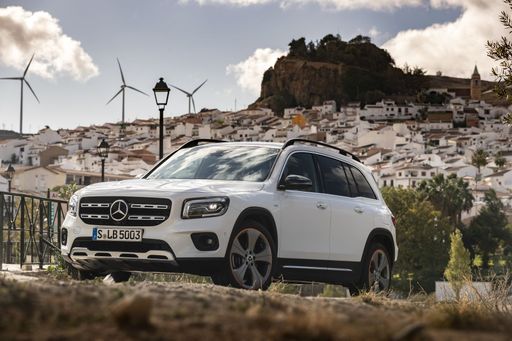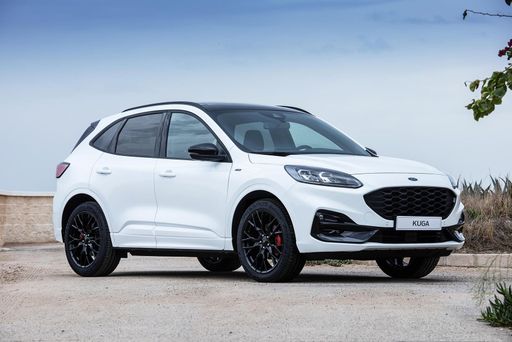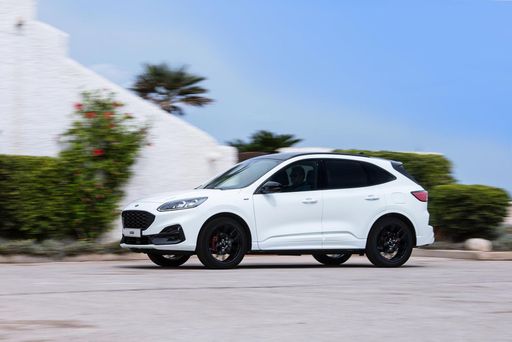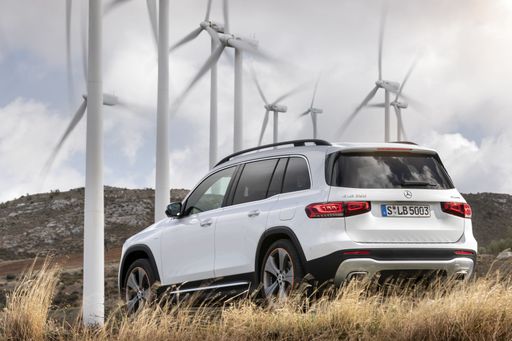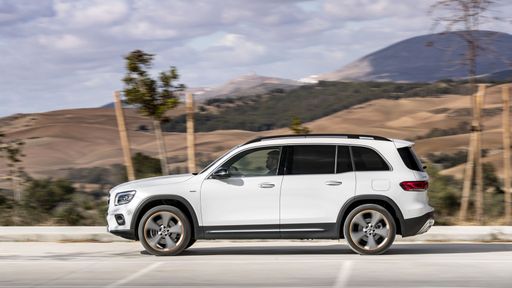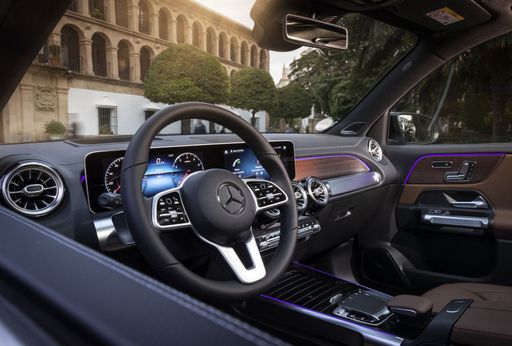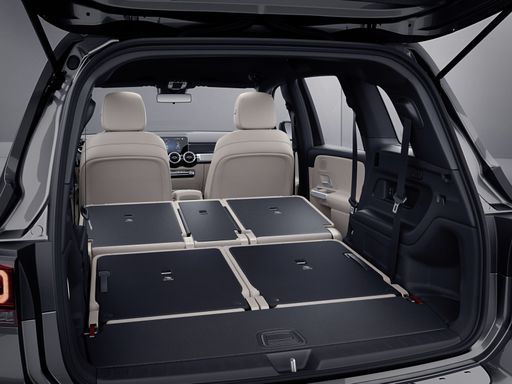Ford Kuga vs Mercedes GLB: The Battle of the SUVs
In the world of compact SUVs, the Ford Kuga and Mercedes GLB have carved out significant niches for themselves. Both vehicles present distinct differences and are packed with features that cater to various driving preferences and lifestyles. Let’s delve deeper into these two 2024 model year contenders and see how they stack up against each other.

